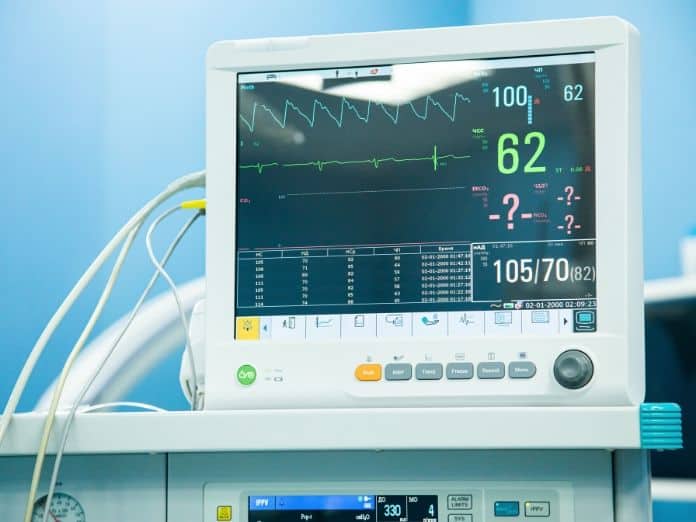
The administration of general anesthesia is common before surgeries. It involves using a combination of medications to put a patient in an unconscious, sleep-like state. General anesthesia is optimal for procedures that either take a long time, impact the patient’s breathing, involve substantial blood loss, or expose the patient to a cold environment. While going under general anesthesia to avoid pain or discomfort is far better than the alternative, the process of losing consciousness can be unsettling for a lot of people. Knowing what to expect when going under general anesthesia can ease your nerves and help you better prepare for the process. Below, we will go through everything to expect before, during, and after general anesthesia.
Before receiving general anesthesia
Before undergoing general anesthesia, most patients will meet their anesthesiologist, at which point they will determine the specific type of anesthesia necessary for your surgery. The type of anesthesia you receive will be customized depending on several factors, such as your age, type of surgery, medical condition, weight, and prior experience with anesthesia.
During general anesthesia
During the process of receiving general anesthesia, you will typically receive the medication through an intravenous line in your arm or through a mask that delivers gas from an anesthesia machine. Upon receiving the medication, the anesthesiologist may ask you to count backward from 100 to help them monitor your response to the medication. Within seconds, you will quickly fall into a sleep-like state. While under general anesthesia, you won’t be able to feel any pain, move, or remember the experience.
After you are unconscious, a tube may be inserted down your windpipe to make sure you are able to breathe properly. While you are under general anesthesia, an anesthesiologist will monitor you closely and adjust your medication, temperature, breathing, and fluids to correct any potential issues that occur throughout the process.
After receiving general anesthesia
Once the surgery is over, most patients regain consciousness quickly. However, it is common for people to remain groggy for several hours after waking up. While the anesthesia medication will typically remain in one’s body for up to a week, patients should feel relatively normal after just 24 hours.





